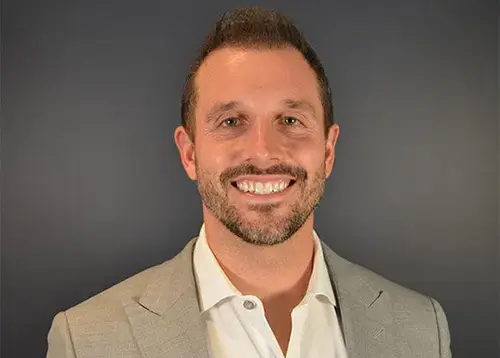What If I Already Gave Away My Assets? Medicaid Mistakes You Can Still Recover From
Gifting your home or savings may seem generous—but if you need long-term care, that decision can cost you. Here’s what to do if it’s already done.

Founder / Attorney

Michael L. RutkowskiAugust 15, 2024
Planning for the future involves making important decisions about how your assets will be managed and distributed after you're gone. Two of the most common tools in estate planning are wills and trusts.
While both serve the purpose of distributing your assets, they do so in different ways and come with distinct advantages and disadvantages. In this newsletter, we'll explore the key differences between a trust and a will and help you determine which option might be best suited to your needs.
What is a Will?
A will is a legal document that outlines your wishes regarding the distribution of your assets, care of minor children, and other matters after your death. Here’s what a will typically does:
Pros of a Will:
Cons of a Will:
What is a Trust?
A trust is a legal arrangement where one party (the trustee) holds and manages assets on behalf of another party (the beneficiary). There are several types of trusts, but a revocable living trust is one of the most common. Here’s what a trust typically does:
Pros of a Trust:
Cons of a Trust:
When Should You Choose a Will?
A will may be the right choice if:
A trust may be the better option if:
Do You Need Both?
In many cases, having both a will and a trust can provide comprehensive estate planning. A pour-over will, for example, can ensure that any assets not included in your trust are transferred into the trust upon your death, covering all your bases.
At Rutkowski Law Firm, we understand that every family’s situation is unique. Our experienced estate planning attorneys are here to help you navigate the differences between wills and trusts, providing personalized advice to ensure your estate plan reflects your wishes and protects your loved ones. Please reach out if you have any questions.
Estate Planning is an essential process that will protect your assets and ensure you’re your estate is distributed according to your wishes after your death.
Many people make mistakes when creating their estate plan, which can lead to unnecessary stress, confusion, and costly legal battles for their loved ones. Below, our estate planning team put together the top 10 and most common mistakes we see in estate planning.

Gifting your home or savings may seem generous—but if you need long-term care, that decision can cost you. Here’s what to do if it’s already done.

Founder / Attorney
That generous gift may feel right in the moment. But without a plan, it could cost you—and your kids—much more than you think.

Founder / Attorney
Protect your home with proactive medicaid planning to avoid costly Medicaid Estate Recovery with smart legal strategies before long-term care is needed.

Founder / Attorney